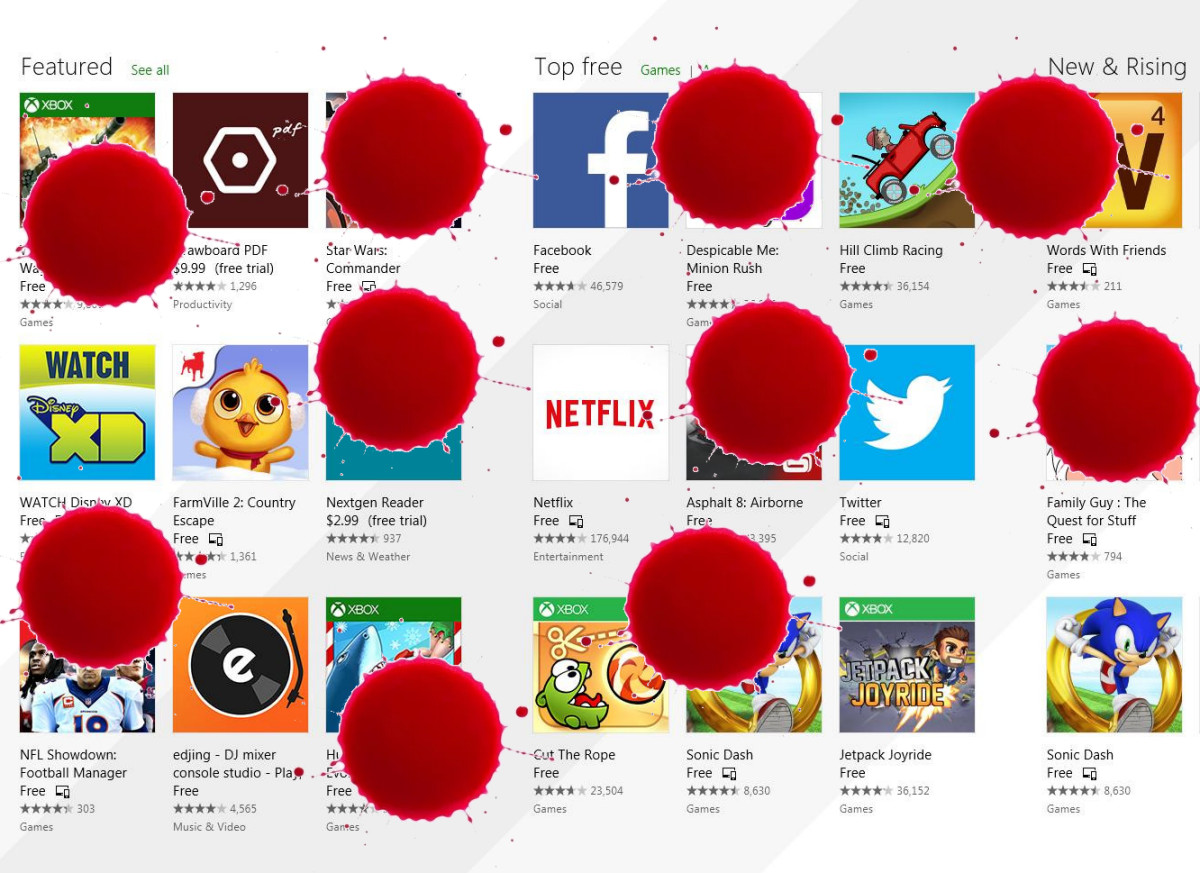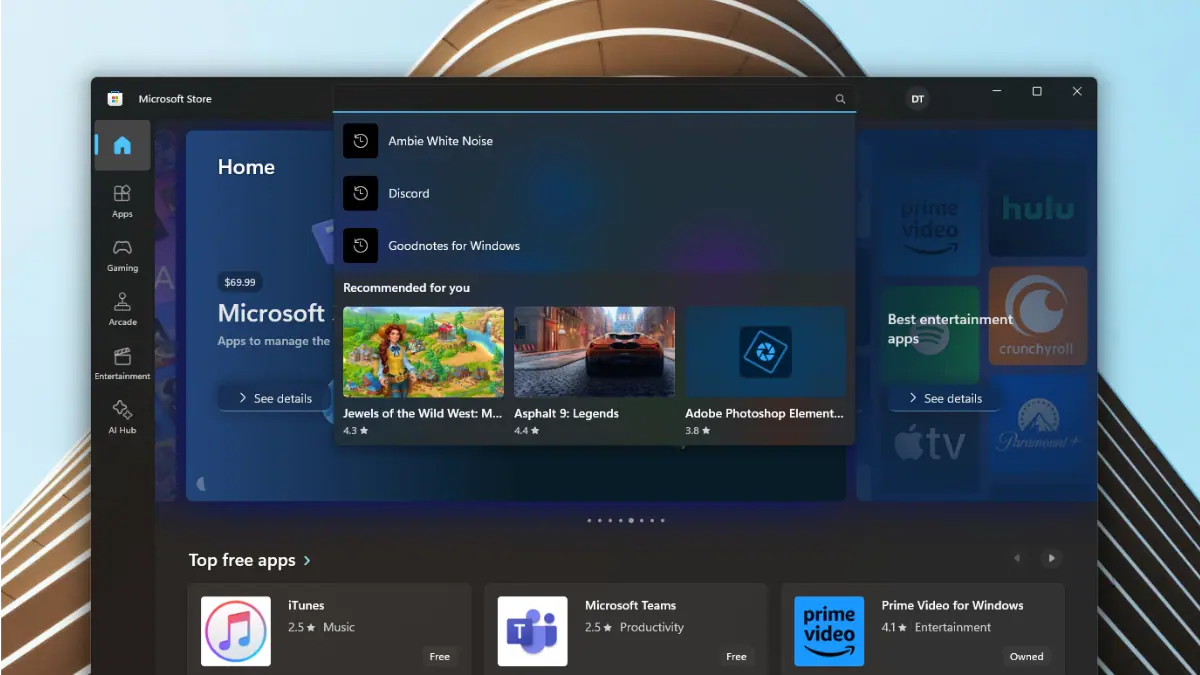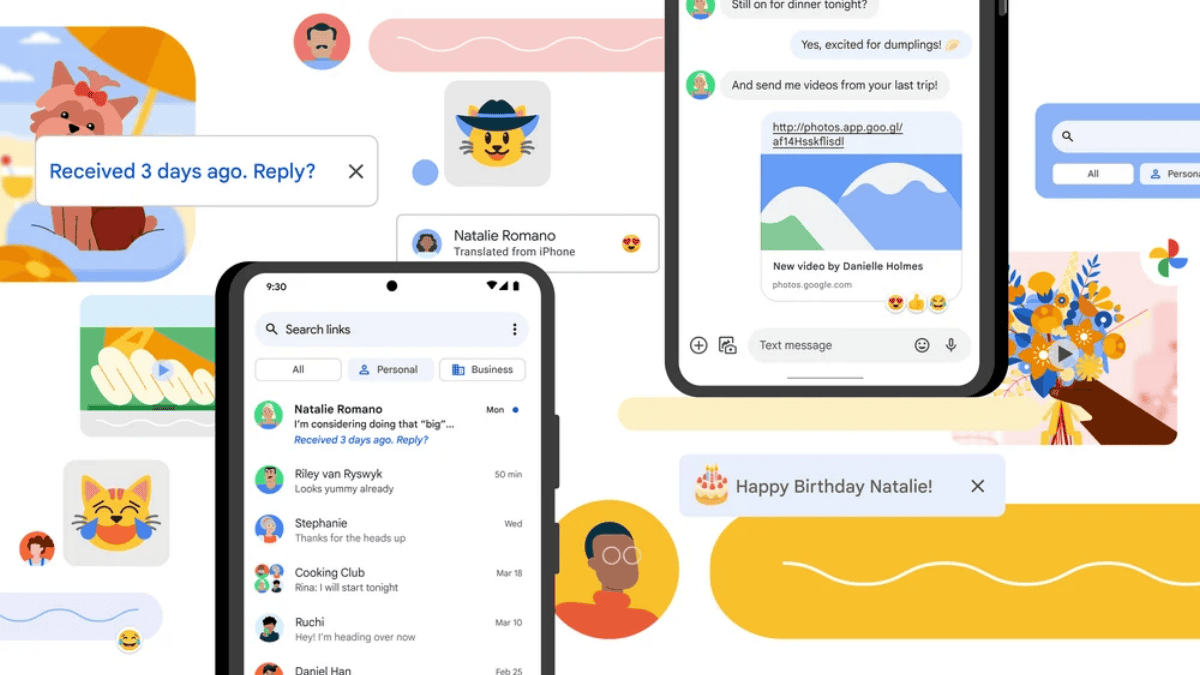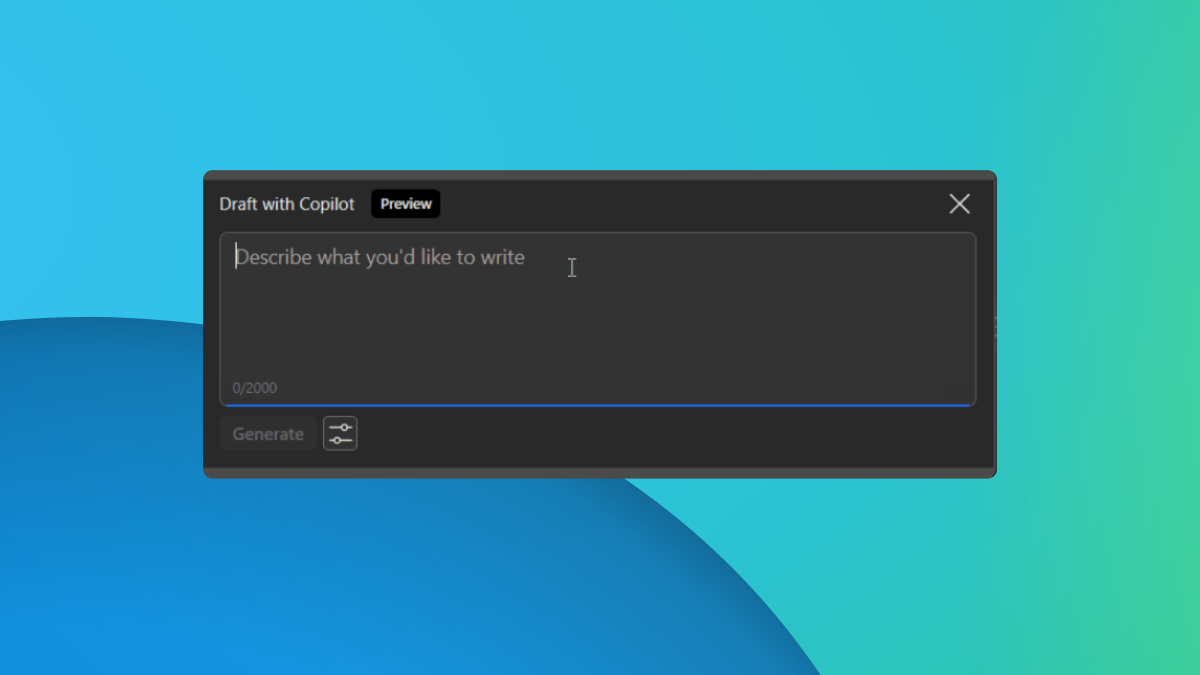Microsoft reveals the scale of the failure of the Windows Store
2 min. read
Published on
Read our disclosure page to find out how can you help MSPoweruser sustain the editorial team Read more

Microsoft’s experiment to move Windows users to new, modern apps has clearly failed, resulting in compromise moves such as Centennial apps and PWA apps.
Until now, however, it has not been clear how badly the venture stumbled, but recently some court documents revealed the actual scale of the failure.
Posted in Bloomberg, Microsoft documents generated by a legal dispute with laid-off temp workers who were app testers revealed a massive decline in the number of apps in the store between 2014 and 2016. The line reads:
The number of apps in its Windows Store had dwindled to 13 percent of the 1.1 million offered in 2014, the company said, and it needed less bug testing from Lionbridge, according to a January 2017 memo obtained via a FOIA request.
Given that there was never 1 million apps in the store I suspect Microsoft is referencing app submissions and updates, but it is the relative decrease which is important. Microsoft had initially incentivized developers financially to create apps, resulting in a huge deluge of spam apps, and between 2014 and 2016 Microsoft announced the death of Windows Phone, the only app platform actually dependent on the Store. With the move from Windows 8 to Windows 10, Microsoft also de-emphasized modern apps and the tablet mode in Windows.
Microsoft has long ago stopped publishing the number of apps in the store, and are planning moves such as auto-ingesting PWA apps which would make that number meaningless. What remains however clear is that Microsoft long ago lost its sway over developers and their direction which will continue to impact on their ability to innovate on the Windows platform in the future.
Thanks, Leo for the tip.








